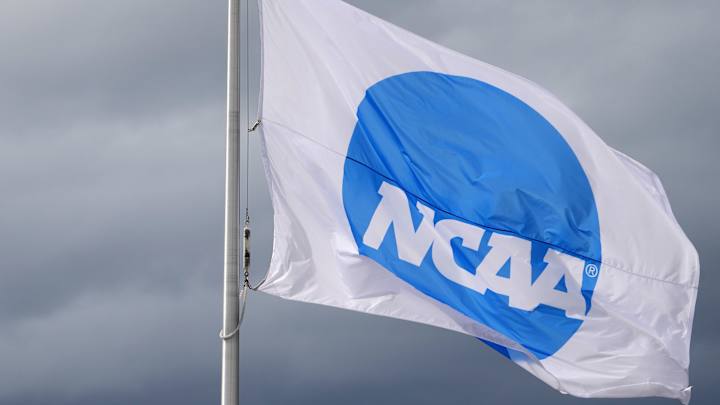Money Moves: NCAA NIL Laws Take Effect

College sports entered a new era on Thursday. For the first time in history, NCAA athletes can maintain their eligibility while making money off of their name, image and likeness (NIL).
All three @NCAA divisions adopt interim name, image and likeness policy:
— NCAA News (@NCAA_PR) June 30, 2021
Name, image, and likeness rights, or publicity rights, have been a hot debate topic for nearly a decade within the college sports landscape. Until Thursday, NCAA athletes were not able to sell rights to their NIL for personal profit. Now, student-athletes can use their platforms to take a crack at earning some cash and receive a larger piece of the multi-billion dollar pie that is college sports.
The new NIL rules are dictated by a combination of NCAA guidance and state laws. The NCAA instructed schools to follow the NIL laws laid out by their state. Only about a dozen states have specific NIL laws in place, and schools in states lacking such stipulations were instructed to develop their own policies.
So, what exactly can NCAA athletes do with their NIL?
College athletes can now accept money from companies and businesses to execute sponsorships, endorsements, advertisements, product deals, and more. Athletes may also now be active on sites such as Cameo, where they can sell personalized video messages to fans. Previously, all of the aforementioned actions would result in an athlete losing their scholarship and eligibility.
The NCAA and most state laws prohibit schools from paying enrolled athletes and recruits directly for rights to their NIL. Schools may be able to assist in arranging sponsorship deals for their players, unless prohibited by state law.
There are, however, some restrictions on the types of deals athletes can sign. Some states and schools prohibit athletes from signing endorsements of tobacco, alcohol, or gambling products. Athletes may also be limited in use of the schools branding and logos in their NIL deals.
Deals with companies that compete with the exclusive sponsor of an athlete's school may also be prohibited. For example, an athlete may not be able to sign a deal with Powerade if their school is sponsored by Gatorade. However, the deal may be legal if the athlete only promotes their sponsor's company during activities not related to their school's program.
The regulations regarding NCAA athletes' NIL rights are still developing, and it will likely take some time before a universal framework is solidified.
More information regarding NCAA name, image and likeness rules can be found here.
You May Also Like:
Committed to the Cats: Inside NU's 2022 FB Commits
Northwestern Lifts Capacity Restrictions for Home Events
Introducing Wildcats Daily on FanNation Network
You can follow us for future coverage by liking us on Facebook & following us Twitter and Instagram:
Facebook - @SIWildcatsDaily
Twitter - @SIWildcats Daily and Lauren Withrow at @lolowithrow
Instagram - @SIWildcatsDaily and Lauren Withrow at @lolowithrow
